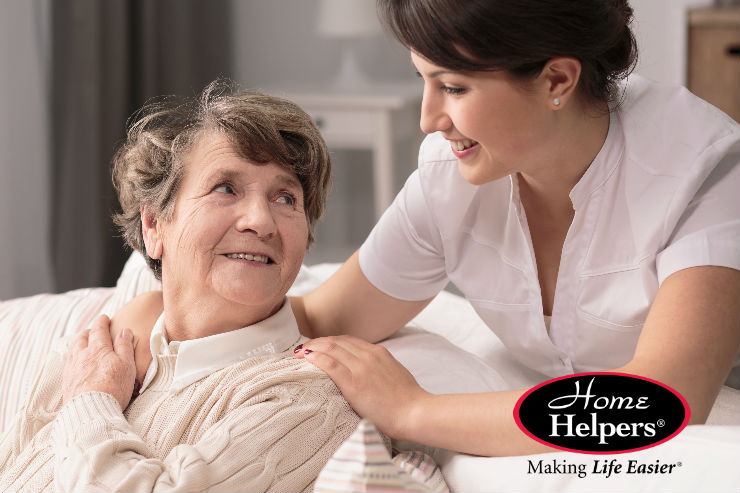One of the most dreaded moments a family can face is receiving a diagnosis of Alzheimer’s. It can be really difficult to navigate the many challenges between initial diagnosis and the end of life. All too often, families try to handle it all on their own, only to discover that it’s very stressful to deal with the many issues without help. Bringing a home healthcare worker or even a CNA (Certified Nurse’s Assistant) to assist can greatly improve the quality of life for both the patient and the family. There are some things you should do to become more educated and empowered. Here are a few tips:
- Educate Yourself. There are several signs of Alzheimer’s Disease that you should know. Learning these signs can help you identify the disease much more quickly if it strikes anyone in your family.
- Clinical Trial Research. The great part of participating in clinical trials is being among the first to know of new medications, which are constantly developing. Your doctor will help guide the process to see if certain new drugs are right for your loved one. Many of these clinical research trials will even pay you to be involved. Even though there’s no cure, Alzheimer’s patients have more cutting edge treatments than ever before!
- Establish a Routine. This is very helpful in the life of a patient with dementia or Alzheimer’s Disease. They need order and routine in order to thrive. Set routines such as brushing teeth and any other personal hygiene. Regular bedtimes and waketimes are also very helpful.
- Make Your Home Safe. Think about the areas of your home that could be dangerous for an Alzheimer’s patient and limit access to these areas. You need to proof your home, in the same manner, you would if you had a toddler. Install grip bars in the bathroom and use child-proof locks for doors leading to the garage or medicine cabinet.
- Expect Personality Changes. It’s very common for an Alzheimer’s patient to get frustrated while trying to do simple tasks. As the disease advances, it’s important to know how to deal with these changes. Your loved one may not always remember who you are, but you should still maintain their dignity by treating them with respect and a loving touch.
- Let Others Help. Being a caregiver is demanding work -- especially for an Alzheimer’s patient. Most family and friends want to help, so let them! Don’t try to do it all on your own or you will burn out fast and end up worse than when you started. Take all the help you can get!
As soon as the diagnosis has been made, you should find a support group and join it. Whether it’s online or a local group you can go to, these groups are invaluable! If you need help finding a support group in your area, contact The Alzheimer’s Association or your local Council on Aging. These groups also help you know what to expect as the disease progresses and how you can deal with it.
Alzheimer’s Disease is never easy and never has an easy ending, so doing all you can on the front end will help tremendously in navigating through these changes. It shouldn’t have to be a mysterious dark disease that overtakes the family. Staying positive and upbeat is by far the best defense.
For more information, please contact us today!

